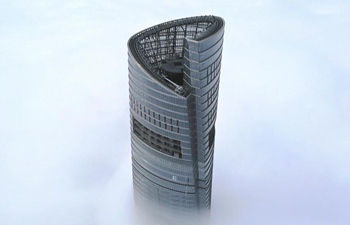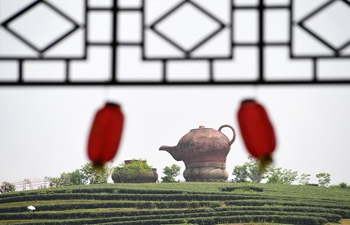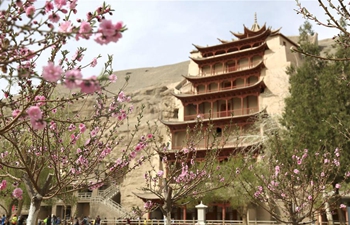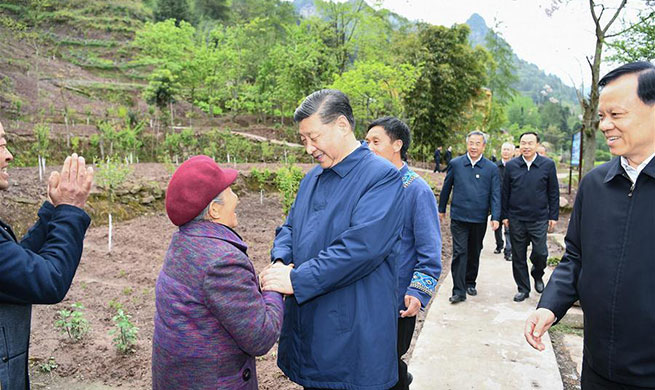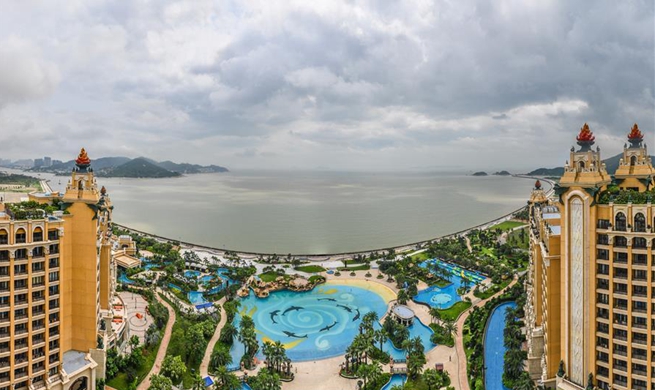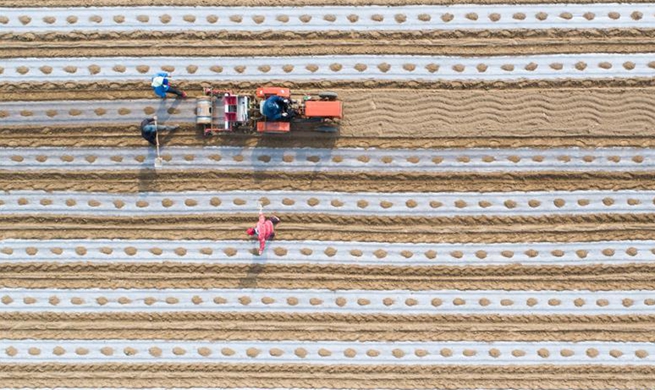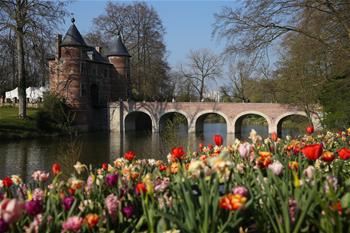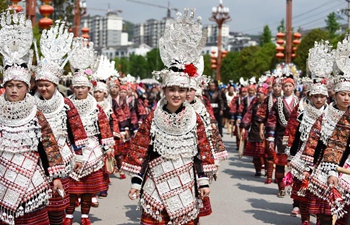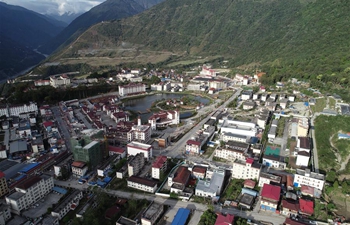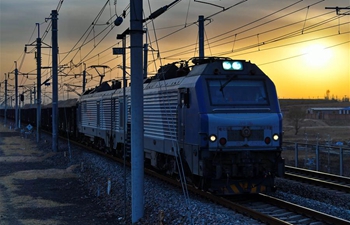GENEVA, April 19 (Xinhua) -- The China-proposed Belt and Road Initiative (BRI) may help small and medium enterprises (SMEs) tackle infrastructure obstacles they encounter in global trade, the head of the International Trade Center (ITC) has said.
"The small and medium enterprises face two kinds of obstacles to participating in international trade," which are big infrastructure obstacles and softer infrastructure ones, said Arancha Gonzalez recently in an interview with Xinhua.
The BRI tries to address big infrastructure issues, she said, suggesting that the BRI would be also focused on softer connectivity issues. "That's what helps them (SMEs) connect to the big trade highways," she said.
She expects the BRI to be transparent, inclusive and sustainable. "Transparency that gives everybody the sense that they can be part of this initiative," she said.
She also stressed the importance of inclusion, to make the BRI "for 99 percent of businesses, for the small and medium enterprises that are the backbones of any of our economies."
The second Belt and Road Forum for International Cooperation (BRF) will be held on April 25-27 in Beijing, with a theme titled "Belt and Road Cooperation, Shaping a Brighter Shared Future."
"I would expect that this second version (of the BRF) would be about targets, roadmaps, objectives, for which the involvement of the private sector is essential and for which having CEOs seated around the table would be important," said Gonzalez.
The Geneva-based ITC is the joint agency of the World Trade Organization (WTO) and the United Nations. It assists SMEs in developing and transition economies to become more competitive in global markets.
